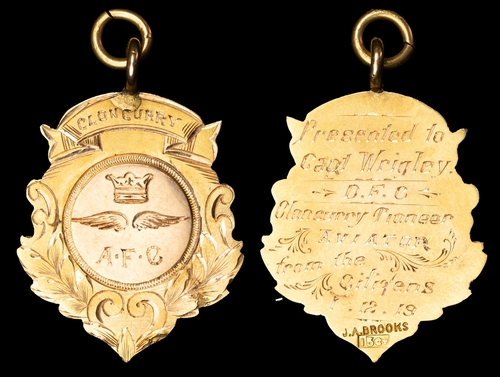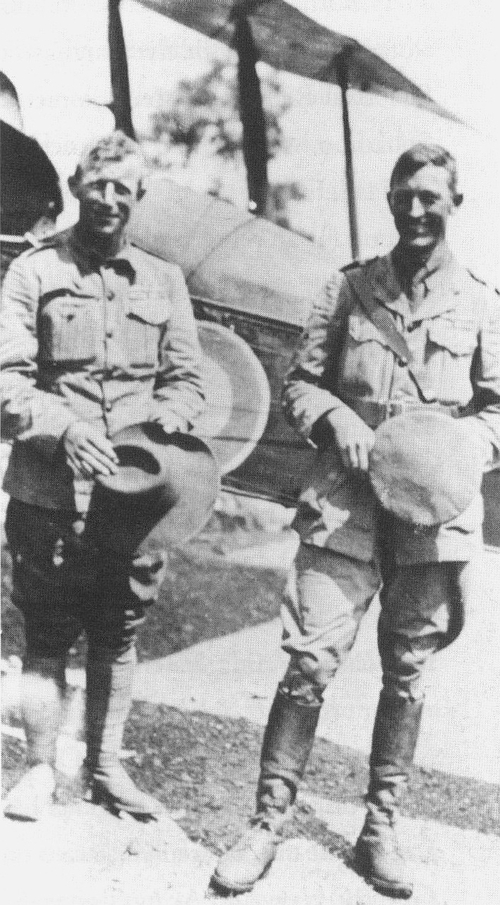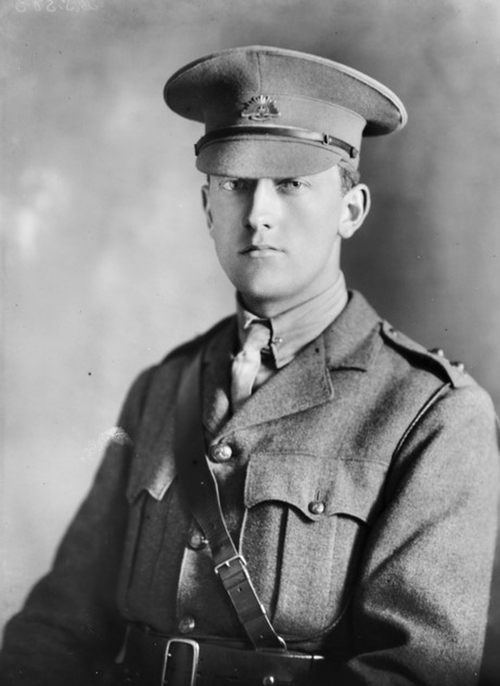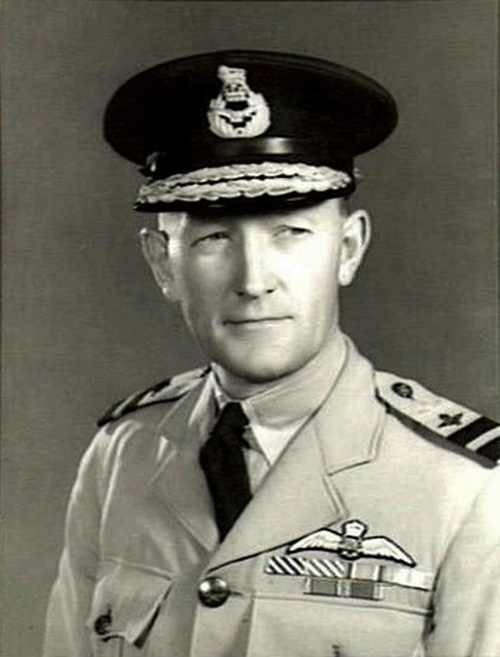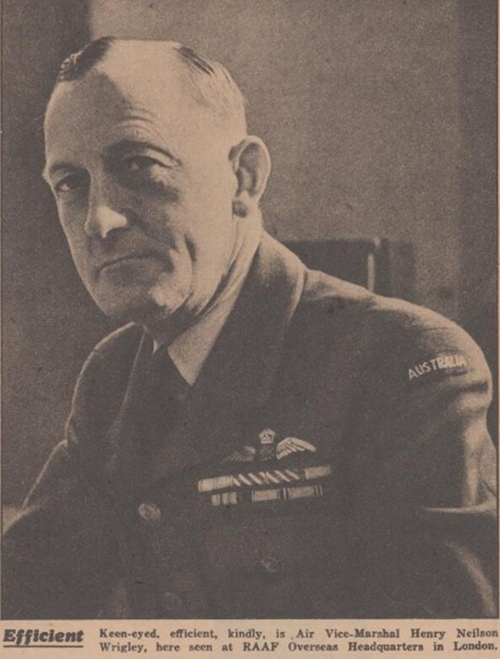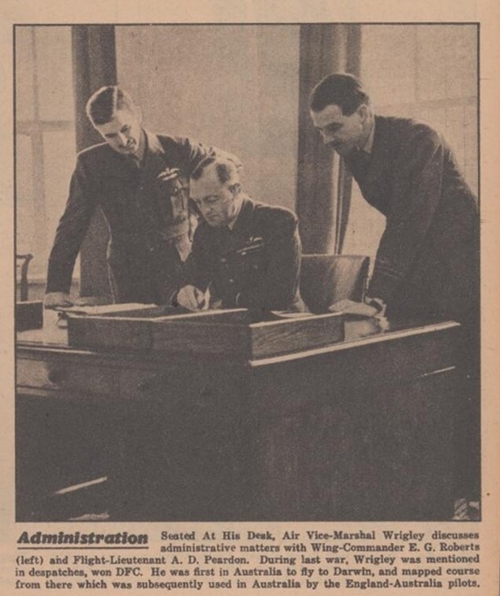Auction: 25112 - Orders, Decorations and Medals - e-Auction
Lot: 870
The important 'First Transcontinental Flight Across Australia 1919' Cloncurry Gold Tribute Medal awarded to Air Vice Marshal H. N. Wrigley, C.B.E., D.F.C., A.F.C., Royal Australian Air Force, late Australian Flying Corps presented by the town after the recipient was forced to land there to conduct vital repairs while conducting his historic flight in 1919
A pioneering Australian aviator and one of the first 21 Officer's to join the nascent R.A.A.F., Wrigley was one of the men who shaped that service, becoming its third member to reach the rank of Air Vice Marshal
Cloncurry Gold Tribute Medal, the reverse engraved 'Presented to Capt. Wrigley. D.F.C. Cloncurry Pioneer Aviator from the Citizens 1.12.19', 15 carat gold, in its box of issue, nearly extremely fine
[C.B.E.] London Gazette 1 January 1941.
[D.F.C.] London Gazette 3 June 1919, the original citation states:
'Throughout his service in the Squadron, this officer's service has been marked by exceptional devotion to duty.
Particularly on October 29th, 1918 near ORS when he flew a long way over the enemy lines at a low height, bombing parties of enemy infantry, persisting in his attacks in spite of intense machine-gun and rifle fire.
During this flight he obtained two direct hits with bombs on a house in which enemy troops were sheltering.
His example has always been of great service to his Squadron.'
[A.F.C.] London Gazette 12 July 1920.
Henry Neilson 'Wrig' Wrigley was born at Collingwood, Melbourne on 21 April 1892, the son of Henry and Beatrice Wrigley. Educated at Melbourne Continuation School, it was here he was to meet his future mechanic and co-pilot 'Spud', before matriculating to Melbourne University. Around this time Wrig joined the Infantry Cadets as a Volunteer, serving between 1906 - 1907, at University in 1911 he was commissioned Lieutenant with the same unit and remained in the role whilst finding work as a teacher.
The outbreak of the Great War saw him keen to serve however he was informed that he served a better role remaining in Australia to train the infantry going out to fight with the A.I.F. As such he was posted to the 49th Battalion, Senior Cadets as a Lieutenant in 1915, later joining the 51st Battalion.
This did not sit well with Wrig who wanted to do his bit and as such he applied for the military flying course at Point Cook, eventually being commissioned 2nd Lieutenant A.F.C. on 1 October 1916. Proceeding to Britain he undertook operational training there where he was advanced Lieutenant on 1 July 1917.
Entering the war in France on 21 August 1917 with 69th Squadron Wrig flew reconnaissance and infantry support missions for some time before returning to Britain on 4 February 1918 to join Training School as a Flight Commander. There he was promoted Captain on 7 February 1918 and did well, even temporarily performed duties of Squadron Commander in April 1918. Slightly injured in a crash in September he appears to have escaped largely unscathed and returned to France in early October 1918 where he joined 3rd Squadron earning his D.F.C. in the final battles of the war.
Returning from Britain to Australia he undertook the First aerial crossing of the continent in an old BE2e training aircraft from Melbourne to Darwin along with his old schoolmate Sergeant Arthur 'Spud' Murphy. It must be said that most commentators of the time took a pessimistic view of the flight believing that they would make it and indeed they did encounter more than one problem. The Canberra Times reported in a retrospective of the flight published in 1978:
'Answer - in December, 1919, when Captain H. N. Wrigley and Sergeant A. W. Murphy in their epoch-making flight between what is now the RAAF base at Point Cook, in Victoria, and Darwin in the Northern Territory, decided to stop at Cloncurry in the Queensland Outback.
The reason they did this was to check the RAF engine of their B.E. biplane before flying over the trackless, waterless, uninhabited desolation that lay beneath them on the next phase of their flight between Cloncurry and Avon Downs in the Northern Territory.
Engine Failure here would have meant certain death.
At Cloncurry the two airmen found that one cylinder and four exhaust valves wanted replacing and a second cylinder needed repair.'
Fortunately for the two airmen the town's Railways Department was involved in the flight and their workshop was placed at their disposal. Theres was the first flight transcontinental flight across Australia, a remarkable feet of aviation, it was commemorated in 1969 with the issuing of a stamp.
Awarded the A.F.C. for his efforts Wrig was later advanced Flight Lieutenant on 31 March 1921 and Squadron Leader on 1 October 1924 while based at Melbourne. He attended several staff college courses, notably becoming one of the first Australian flying officer to attend the Staff College at Andover, completing it on 14 December 1928. Remaining in London he was appointed Australian Air Liaison Officer with the Air Ministry, there he lent his support to the proposal that the R.A.A.F. should adopt the same motto as the R.A.F.
Promoted Wing Commander on 1 December 1932 and Group Captain on 1 July 1936 he was appointed Commanding officer of R.A.A.F Laverton in Victoria. On the outbreak of the Second World War Wrig was appointed to Command No. 1 Group at Melbourne on 20 November 1939, being advanced Air Commodore on 1 December 1939.
Not long later he was transferred to Command Southern Area, Melbourne on 7 March 1940, soon reaching the rank of Air Vice-Marshal on 1 April 1941, only the third Australian to achieve the position. Appointed Deputy Air Officer Commanding Overseas Headquarters at London on 22 October 1942. Advanced to Air Officer Commanding Overseas Headquarters on 4 February 1943. Wrig served mainly in London with a brief stretch in the Middle East from 17 August-September 1943 before returning to London.
Wrig returned Australia on 12 May 1946 but was demobilised on 6 June 1946 along with many of the Great War veterans. He published a number of books on the importance of air power and was promoted Honorary Air Vice-Marshal (Retired) on 26 July 1956. A prodigious note taker, a great deal of Wrig's writing both published and not is available. The importance of contribution to the strategic thinking of the R.A.A.F. can be seen in the creation of the AVM H. N. Wrigley Prize for Air Power Analysis, created in 2010. Wrig died at Melbourne on 14 September 1987; sold together with copied research.
Subject to 20% VAT on Buyer’s Premium. For more information please view Terms and Conditions for Buyers.
Sold for
£1,500
Starting price
£550

